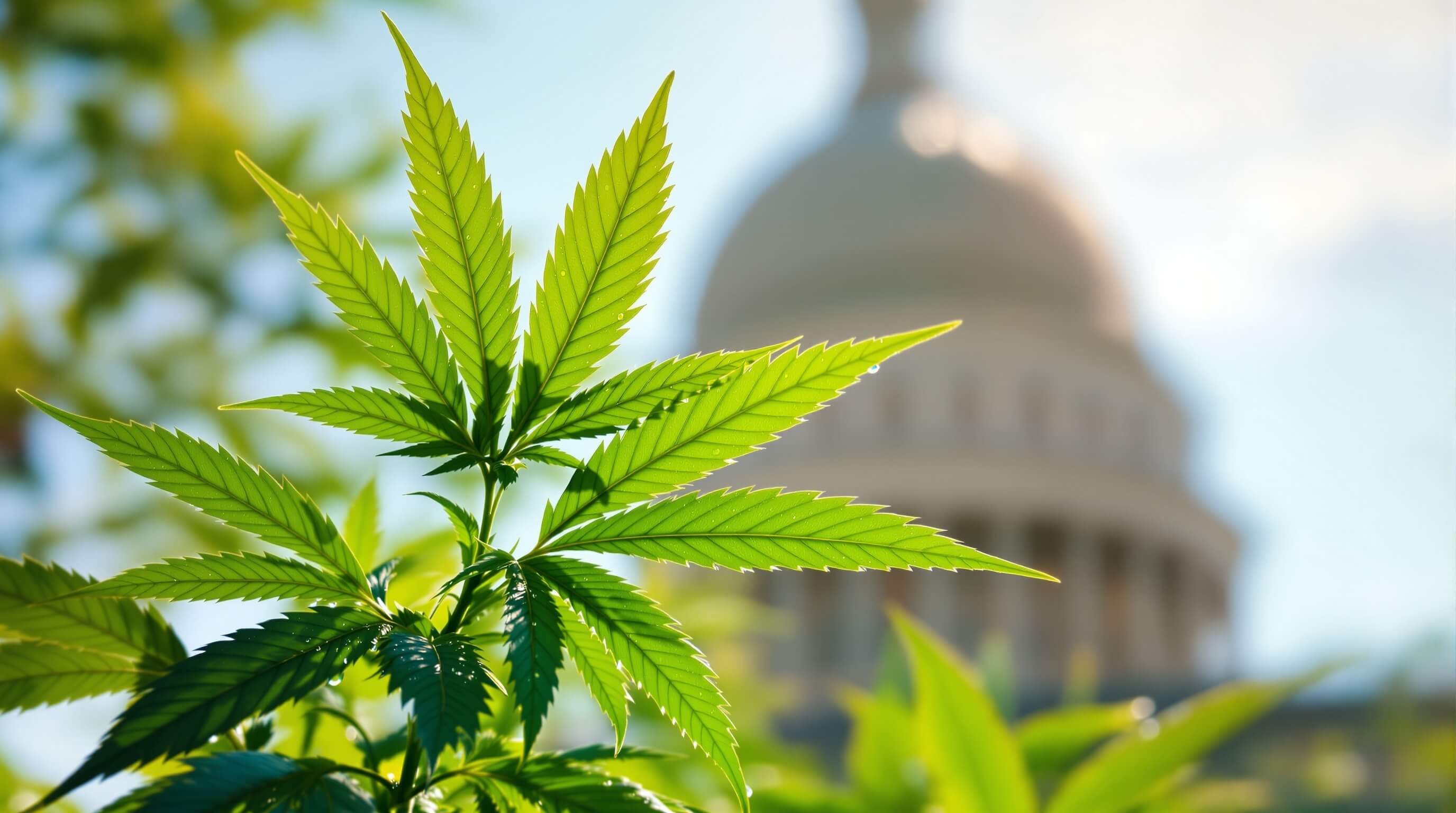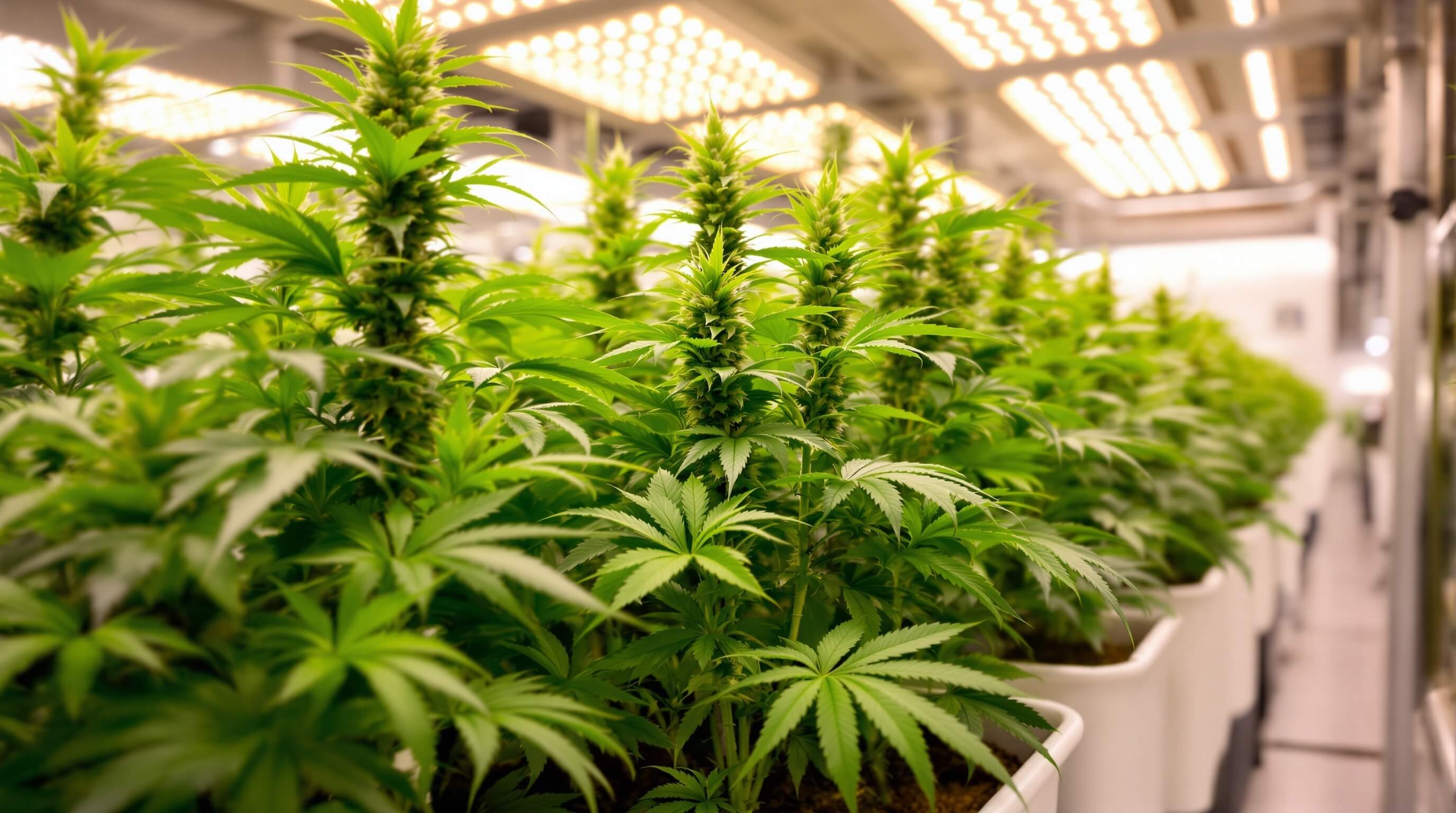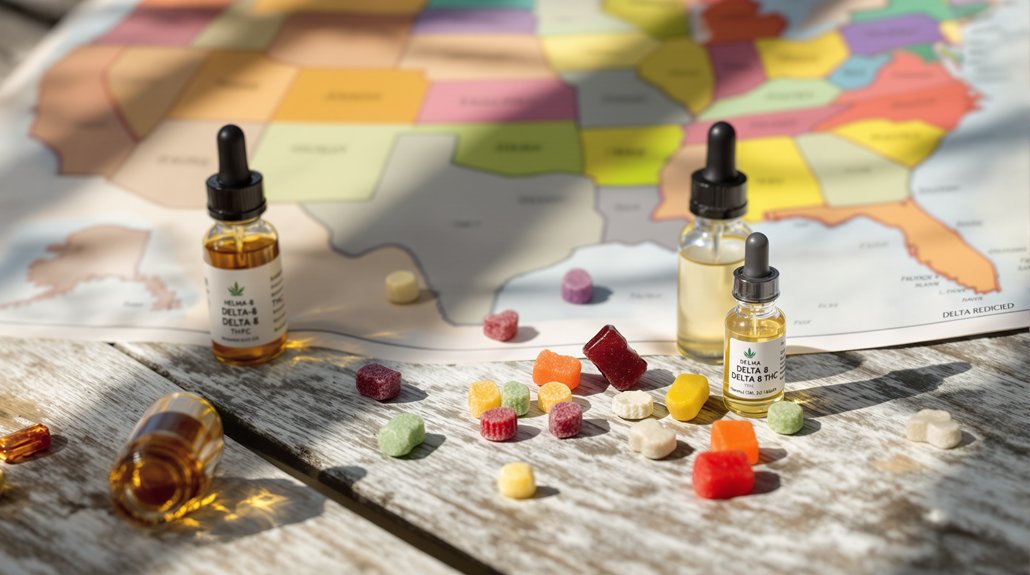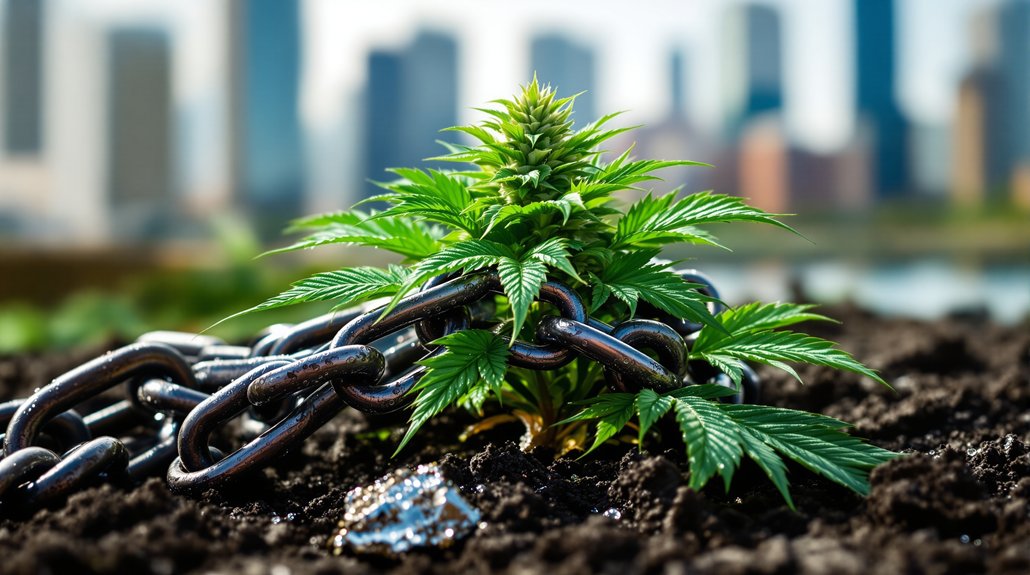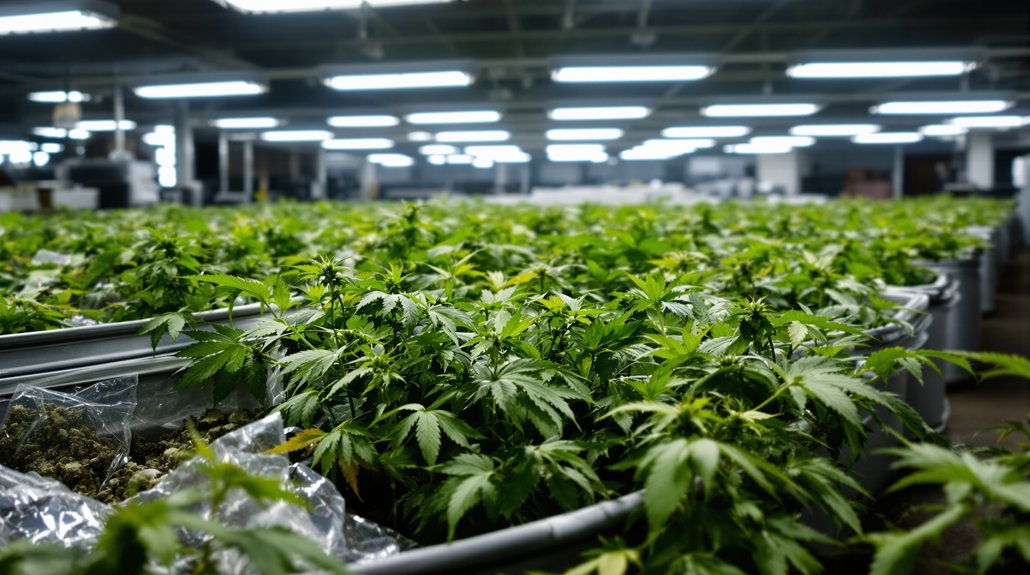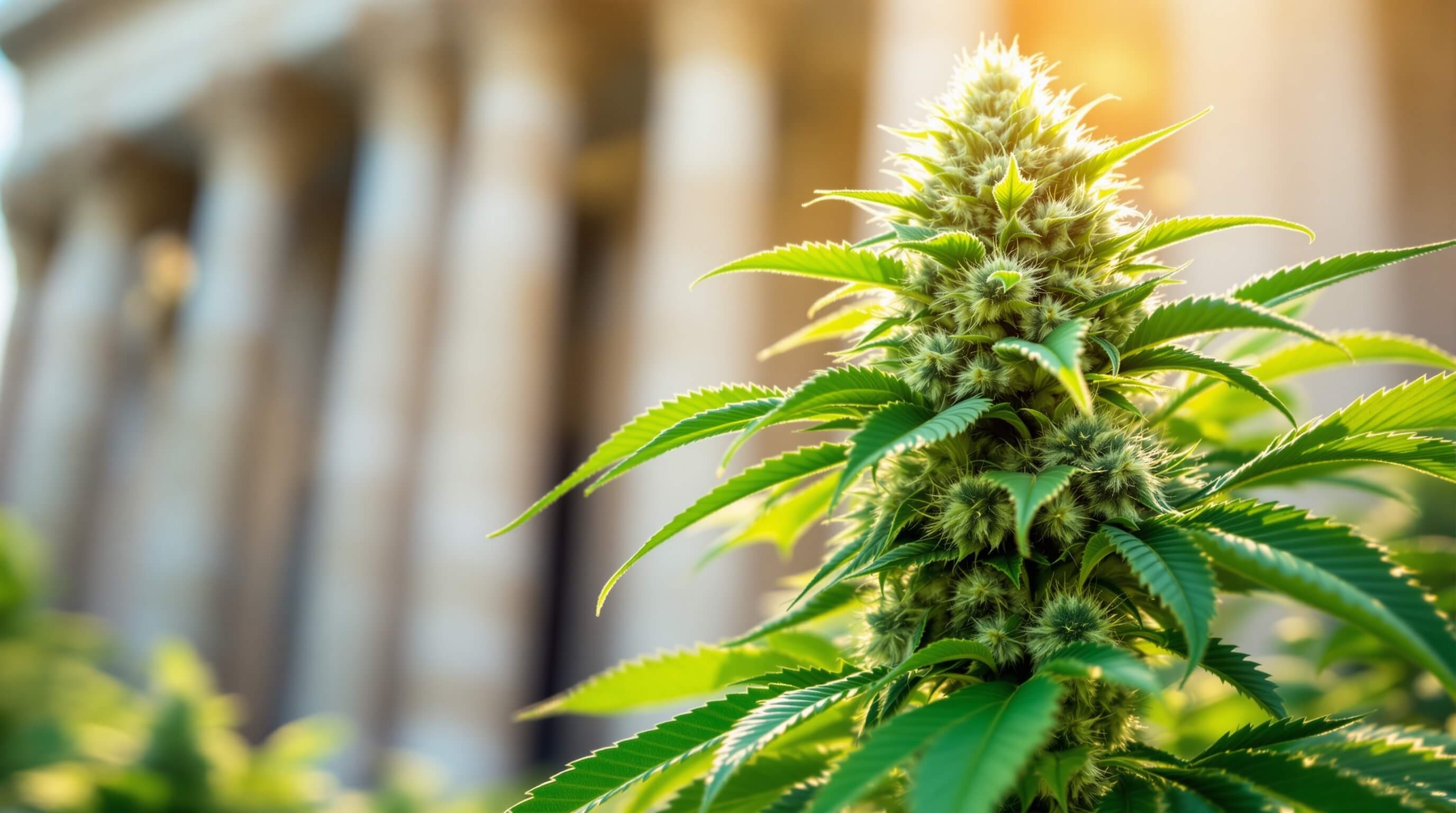A federal appeals court has dealt a consequential blow to longstanding firearm restrictions, ruling that medical marijuana users may likely possess guns despite federal prohibitions that have barred such ownership for decades.
The 11th U.S. Circuit Court of Appeals determined that federal restrictions preventing medical marijuana patients from gun ownership are likely inconsistent with the Second Amendment, marking a pivotal shift in how courts view the intersection of drug use and constitutional rights.
The case emerged from Florida, where plaintiffs Vera Cooper, Nicole Hansell, and Neill Franklin challenged the federal ban under 18 U.S.C. § 922(g)(3), which bars “unlawful users of or addicted to any controlled substance” from possessing firearms. This statute has traditionally affected medical marijuana users nationwide, even in states where cannabis is legally permitted for medical purposes. The lawsuit was originally filed by then-Florida Agriculture Commissioner Nikki Fried and medical marijuana patients in 2022.
The appeals court vacated a lower court’s dismissal and remanded the case for further review, emphasizing the government’s failure to demonstrate appropriate historical precedent for disarming nonviolent, law-abiding medical cannabis users.
The court found no historical justification for stripping Second Amendment rights from law-abiding medical marijuana patients.
Central to the court’s reasoning was the lack of evidence connecting state-legal medical marijuana patients to increased danger or criminal behavior. The judges distinguished between violent criminality and nonviolent medical substance use, rejecting the Department of Justice’s broad claims that state-certified marijuana use alone justifies firearm restrictions.
This approach aligns with recent Supreme Court guidance requiring courts to examine historical analogues when analyzing modern firearms laws. The court’s ruling comes as countries like Uruguay and Canada have pioneered comprehensive marijuana legalization frameworks while maintaining separate firearms regulations. The decision highlighted how comparisons to traditional restrictions on “dangerous” individuals, such as felons or those with serious mental illness, do not apply to medical cannabis users operating within state legal frameworks. The ruling notably aligns with a similar 5th Circuit decision that also questioned the constitutionality of permanently disarming nonviolent, non-convicted drug users.
A separate Tenth Circuit decision has similarly required the government to prove that marijuana users “pose a risk of future danger” to justify gun bans, suggesting broader judicial skepticism of blanket prohibitions.
Despite this legal victory, practical effects remain limited. The federal prohibition stays in effect pending further proceedings, meaning gun dealers must continue denying purchases to self-disclosed medical marijuana patients per ATF Form 4473 regulations. This creates ongoing uncertainty for state-compliant medical marijuana users seeking to exercise their federal gun rights.
The ruling establishes important precedent for future litigation and potential Supreme Court review, particularly as similar cases advance through other circuits. With marijuana legal for medical use in many states but remaining federally prohibited under the Controlled Substances Act, this decision underscores growing tensions between state and federal law.
The outcome could substantially reshape how courts balance individual constitutional rights against federal drug policy, potentially affecting millions of Americans who use medical marijuana in compliance with state regulations.
